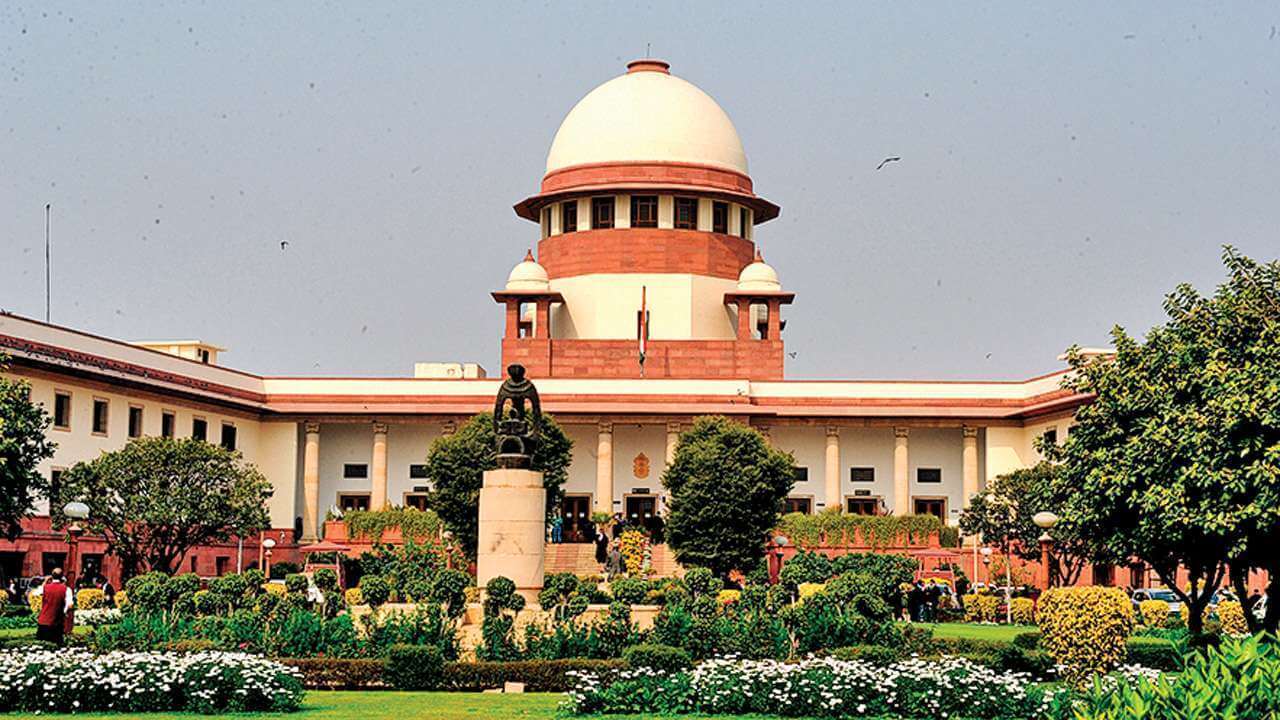CASE: Shilpa Shailesh vs. Varun Sreenivasan 2023
Irretrievable Breakdown of Marriage
According to Section 13B of the Hindu Marriage Act provides divorce by mutual consent of
the parties after a waiting period of 6 months before moving to the Court which is also known
as Judicial Separation.
Whereas Article 142 of the Indian Constitution provides power to the Supreme Court to
exercise of its jurisdiction may pass such decree or order as is necessary for doing complete
justice in any cause or matter pending.
Facts of the Case:
- The appellant and the respondent got married in accordance with Hindu rites and
rituals in the year 2000. - The parties co-lived for a period of around two months, after that the respondent, wife
went to Canada, where she obtained citizenship in the year 2002. The respondent
returned to India only after she got her Canadian citizenship in 2002. - But after returning, there were continuous miscommunications between the parties.
The local Panchayat had intervened and asked the parties to reside separately from
their family. That solution did not work. Eventually, the respondent left to Canada. - The appellant file a divorce Section 13(1) (i a) under the Hindu Marriage Act, 1955
on the ground of cruelty before the lower Court. The appellant also contended that the
loneliness and lack of co-habitation had caused him extreme physical and mental
torture. - The respondent, in her argument, made various other allegations relating to dowry,
physical assault and extra-marital affairs. She also claimed that there was a forced
abortion once. The appellant denied this allegation and stated that the respondent was
never pregnant. - In 2014, Mrs. Shilpa and Mr. Varun, both moved to the Hon’ble Supreme Court in
order to obtain their divorce by mutual consent praying that their marriage has broken
down irretrievably. - While discussing this matter, the Supreme Court observed that thousands of similar
cases have been pending before various Family Courts and High Courts across the
country. Hence, a certain guidelines was much needed. - At first case was sent to a two-judge bench of the Supreme Court. Later it was
referred to a larger bench of the Supreme Court. On 2023, the five judge bench finally
passed the landmark judgment laying down the scope of Supreme Court’s power
under Article 142.
Issue Raised
The Scope and Ambit of Supreme Court’s power under Article 142
The first issue raised before the Hon’ble Supreme Court was regarding the scope of Article
142(1) and the jurisdiction of the Supreme Court under it.
Further, the power is wide enough to pass an order in modification or alteration of a
proposition regarding which the positive law is specific and clear, provided that order is in
the interest of justice. The Court concludes that the court has the authority to deviate from both procedural and substantive laws in order to uphold fundamental general and specific
public policy.
The Supreme Court observed that, in view of a settlement the Supreme Court has the
discretionary power to grant a decree of divorce by mutual consent without following the
prescribed procedure under Section 13-B of the Hindu Marriage Act.
The Supreme Court also concludes that, under Article 142(1) of the Constitution, has the
discretion to dissolve a marriage on the grounds of irretrievable breakdown. This power is
exercised to achieve complete justice when the marriage has completely failed and there is no
possibility of the parties to cohabiting with each other.
Conclusion
Thus the Supreme Court through the pronouncement of this judgement organized the cases
dealing with divorce by mutual consent under Hindu Marriage Act that are brought before the
Supreme Court and has also specified the extent in which it can exercise the power under
Article 142(1) of the Indian Constitution.
